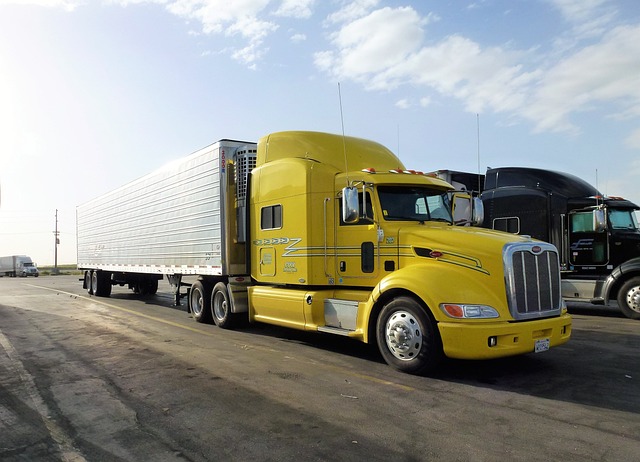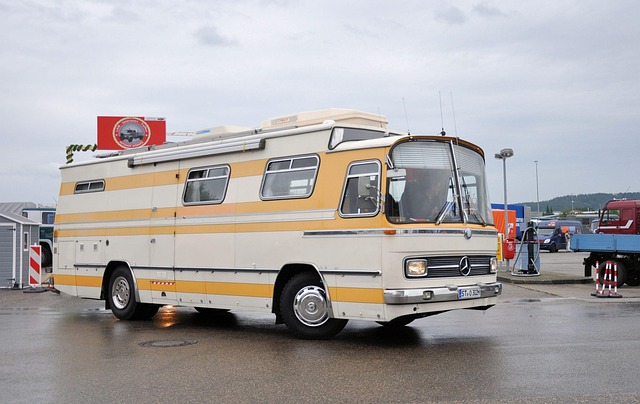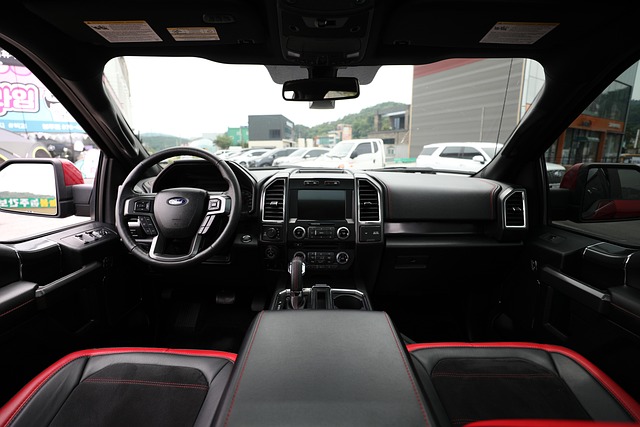Looking to register your car in California? This comprehensive guide breaks down the process step-by-step, from eligibility requirements to post-registration considerations. First, understand the essential criteria for car registration in the Golden State, including driver’s license status and vehicle condition. Next, gather crucial documents like proof of insurance and ownership.
The DMV and VIN verifier play vital roles in ensuring authenticity. Our guide details this process, making it easy to navigate. Discover everything you need to know to register your vehicle smoothly and legally in California.
- Eligibility Requirements for Car Registration in California
- Gather Necessary Documents for Car Registration
- The Role of the DMV and VIN Verifier in California Registration
- Step-by-Step Guide to Registering Your Vehicle in California
- Post-Registration Steps and Important Considerations
Eligibility Requirements for Car Registration in California

To register a car in California, you must meet certain eligibility requirements set by the Department of Motor Vehicles (DMV). One crucial aspect is ensuring your vehicle is safe and legal to operate on state roads. This involves a comprehensive vin inspection that verifies the vehicle’s history, including any previous accidents or outstanding issues. The DMV recommends using a trusted dmv vin verifier for this process.
Additionally, you’ll need proof of ownership, typically through a title document, and valid identification. If you’ve recently purchased a car from a dealership or private seller, they should provide the necessary paperwork. For those considering a mobile vin inspection or using a mobile vin verifier, it’s essential to ensure these services are reputable and approved by the DMV to avoid any potential issues during the registration process.
Gather Necessary Documents for Car Registration

Before heading to the California Department of Motor Vehicles (DMV) for car registration, make sure you have all the required documents in order. The process begins with gathering essential information about your vehicle and yourself. Obtain a Vehicle Identification Number (VIN) verifier from the DMV or use an online tool to perform a VIN inspection—this unique 17-character code is crucial for identifying your car. Ensure you have proof of ownership, typically a title document or purchase agreement, along with any relevant registration documents from previous states.
Don’t forget to bring valid identification like a driver’s license or passport, and if applicable, proof of insurance and vehicle inspection (or a recent inspection stamp). For those opting for a mobile VIN verification service, this step can often be completed remotely, saving time and effort. By ensuring you have these necessary documents ready, the car registration process at the DMV will be smoother and more efficient.
The Role of the DMV and VIN Verifier in California Registration

In California, the Department of Motor Vehicles (DMV) plays a pivotal role in vehicle registration. It’s responsible for issuing titles, registering vehicles, and ensuring compliance with state laws. To register a car, you’ll need to visit a local DMV office or utilize their online services. One crucial component of this process involves verifying the Vehicle Identification Number (VIN). The DMV relies on trusted sources and, in some cases, employs mobile vin verification services to ensure the authenticity of the VIN, protecting against fraud and ensuring the safety of California’s roads.
Additionally, the use of mobile vin inspection or mobile vin verifier tools has gained traction. These innovative solutions allow for remote validation of a vehicle’s history and specifications, enhancing efficiency during the registration process. By integrating these advanced technologies, the DMV can streamline operations, reduce wait times, and provide a more seamless experience for California residents looking to register their vehicles.
Step-by-Step Guide to Registering Your Vehicle in California

Registering a car in California involves several straightforward steps. First, ensure your vehicle meets all legal requirements by checking with the DMV (Department of Motor Vehicles) to verify if it’s eligible for registration. Next, gather necessary documents including the title, proof of insurance, and a completed application form.
Once you have these, take a trip to a local DMV office or utilize their online services. If going in-person, remember to bring your vehicle for an inspection. A mobile vin inspection or vin inspection can be arranged if needed, where a mobile vin verifier will come to your location. After confirming all details and fees, you’ll receive your registration documents, plates, and a unique California license plate.
Post-Registration Steps and Important Considerations

After successfully registering your vehicle with the California DMV, there are several important post-registration steps and considerations to keep in mind. One crucial step is obtaining a Vehicle Identification Number (VIN) verifier from the DMV. This tool helps ensure that your car’s VIN is accurate and matches the information on record, which is essential for insurance purposes and future reference.
Additionally, consider utilizing mobile VIN inspection or verification services if you want a more convenient option. These services allow you to check your vehicle’s history and VIN details right from your smartphone, providing an easy way to stay informed about your car’s background at any time. Remember, maintaining accurate records and keeping your information up-to-date with the DMV is vital for a smooth ownership experience.
Registering a car in California is a straightforward process once you understand the requirements. By gathering essential documents, including proof of identity, ownership, and vehicle identification number (VIN) verification from a DMV-approved verifier, you’re well on your way. Following the step-by-step guide ensures compliance with state regulations. After registration, remember to complete post-registration tasks for a smooth ownership experience. The DMV and VIN verifier play crucial roles in this process, ensuring vehicle authenticity and compliance.
